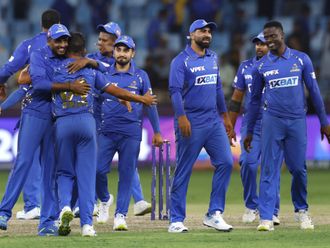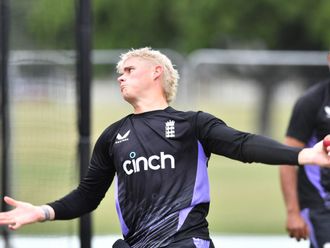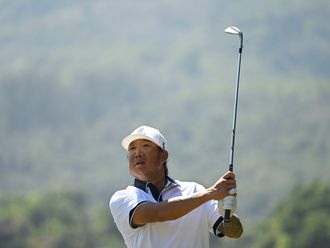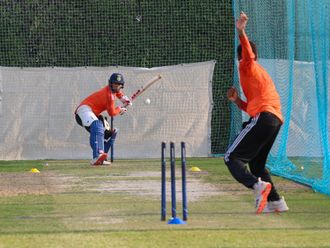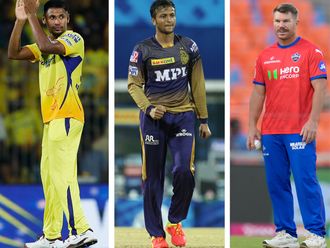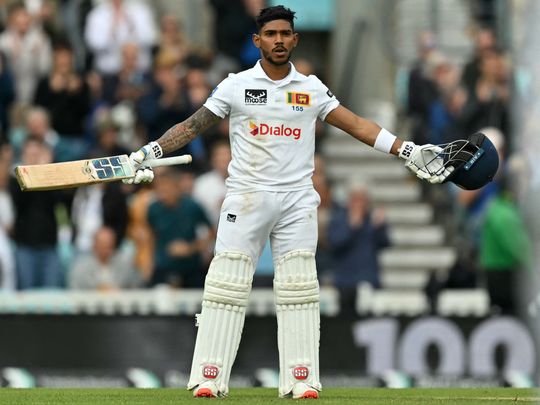
Dubai: The Sri Lankan Lions had been in a dormant phase for over a decade. From the highs of winning the 50-over World Cup in 1996, Sri Lankan cricket hit rock bottom after failing to qualify for the 2022 Twenty20 World Cup in Australia.
Though the Lankans won the 2022 Asia Cup, defeating both India and Pakistan, they couldn’t maintain that consistency, crashing out in the qualifiers of the Twenty20 World Cup and failed to qualify for the Group Eight second stage in the 2024 Twenty20 World Cup in the West Indies and the USA.
But they look to be a different side now, showing signs of promise with some fine victories against high-quality opponents in the recent past.
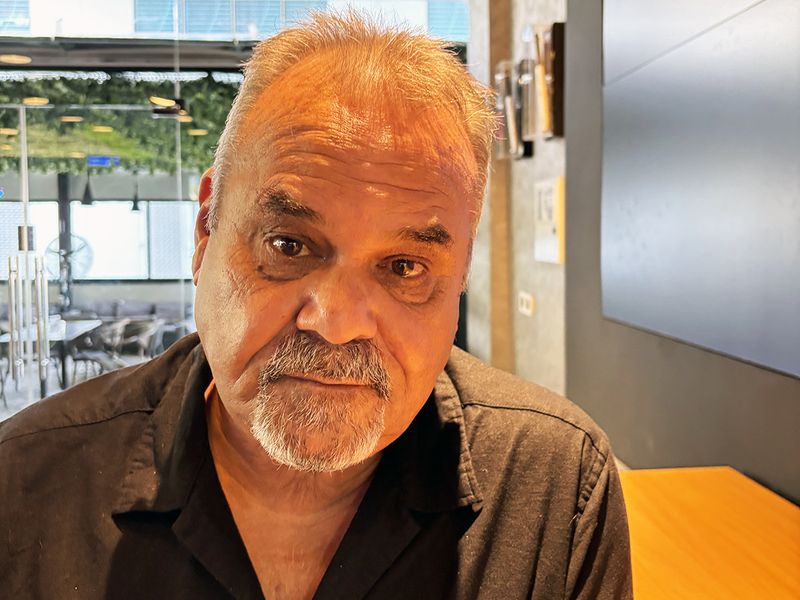
“Every team goes through a cycle. They’ve had challenges rebuilding, but they’ve been competitive in England,” Whatmore told Gulf News, who is optimistic about the team’s trajectory.
“The confidence to well and picking the right team matter a lot. And as long as that’s on top of the agenda, I think Sri Lanka will be OK,” said Whatmore, currently based in Ajman, and was the coach when Sri Lanka won the 50-over World Cup. The Australian is also on the advisory board for the newly formed 100-ball Elite Corporate Cricket Bash.
A team in transition
After the departure of legends like Mahela Jayawardene, Kumar Sangakkara, Chaminda Vaas, Lasith Malinga and Muttiah Muralitharan, the next generation had talent, but struggled to transform it into a winning unit. The team often lacked spark, stalling at the start or losing momentum by going into overdrive.
The arrival of former skipper and ace all-rounder Sanath Jayasuriya as interim coach in July, following Chris Silverwood’s departure after a disappointing World Cup, was a turning point. Jayasuriya’s leadership helped Sri Lanka rediscover consistency.
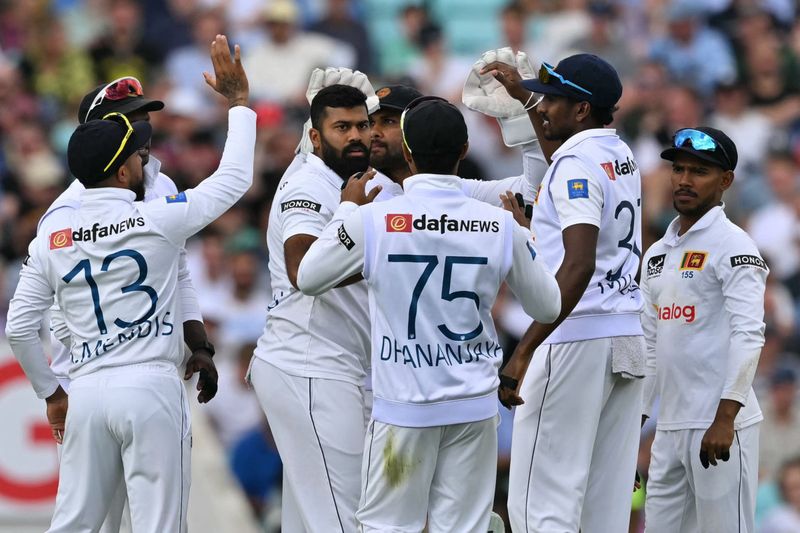
The 70-year-old Australian Whatmore, who coached Sri Lanka to their 1996 World Cup triumph, returned for a second stint in 1999 during a similar rebuilding phase. “When I came back, there were still some seniors like Mahanama, De Silva, and Ranatunga. It wasn’t easy, but we had some good success.
“Players like Sanath, Sangakkara, and Jayawardene were emerging, and there was a new push for a very good team,” added Whatmore who believes that maintaining confidence and selecting the right team will be crucial.
Facing the giants
The team’s first series under Jayasuriya, against defending Twenty20 World Champions India, gave them the confidence needed at the top level, even though they lost the series 3-0. The third match, a nail-biting contest that went to a Super Over, showed promise.
Buoyed by this, Sri Lanka went on to defeat a full-strength Indian team in a historic 2-1 series win, ending a 27-year drought against the Men in Blue.
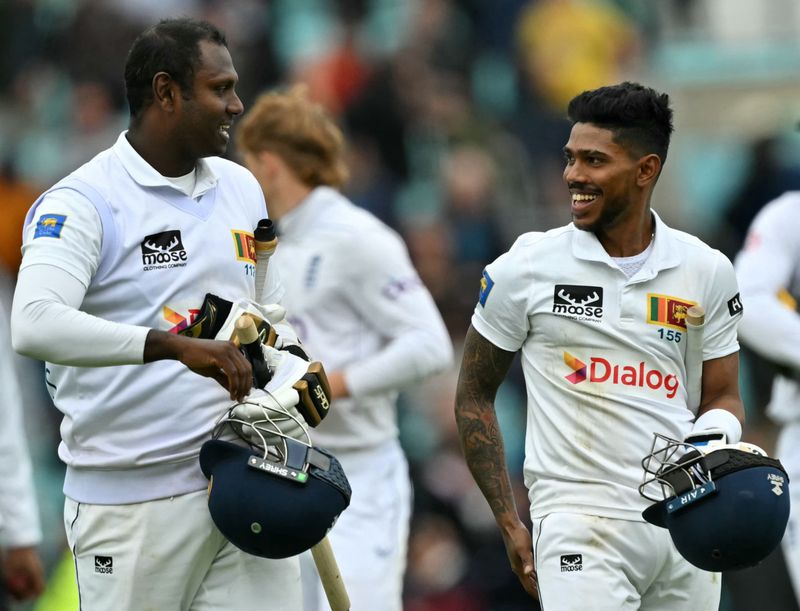
Success on English soil
Building on their momentum, Sri Lanka secured another victory, this time against England in the final Test at The Oval. This marked a full-circle moment for the team, as their previous Test win in England came at Headingley in 2014, breaking a 10-year drought.
Sri Lanka captain Dhananjaya De Silva praised Pathum Nissanka as the “best batsman” in the country after the opener’s stunning century at The Oval helped secure an eight-wicket victory. Nissanka’s unbeaten 127 and his consistent performance, including a first-innings score of 64, were key in sealing the win.
“This is one of the happiest moments in my career and my life,” said De Silva. “To come here and get a win in English conditions against an English team is a very good moment for me, my team, and my country as well.”
The victory was a personal triumph for Nissanka, who only returned to Test cricket following a two-year exile at Lord’s. The 26-year-old was named player-of-the-match at the Oval. “The moment he came in, he proved he is the best batsman in Sri Lanka right now,” said De Silva.


